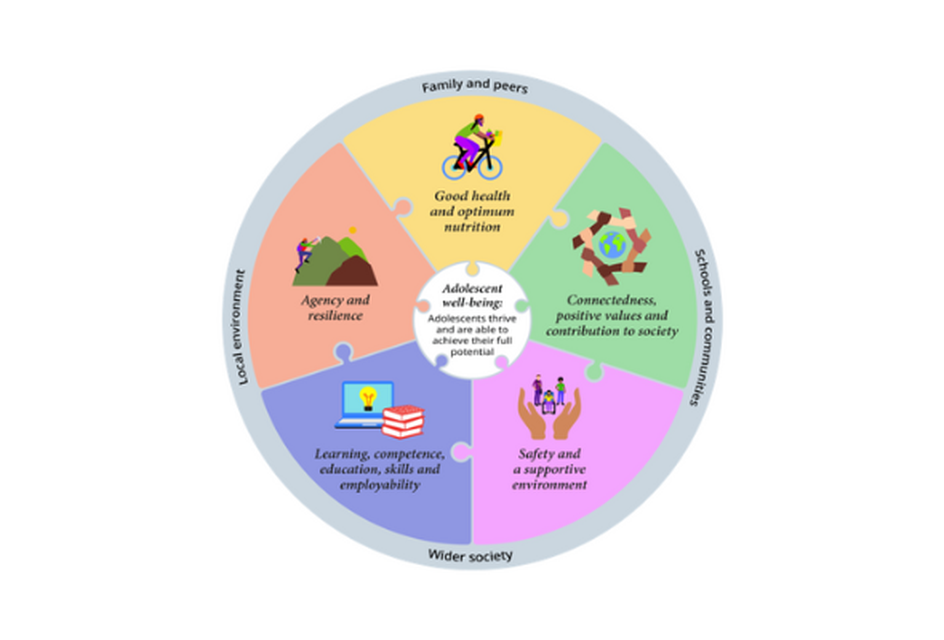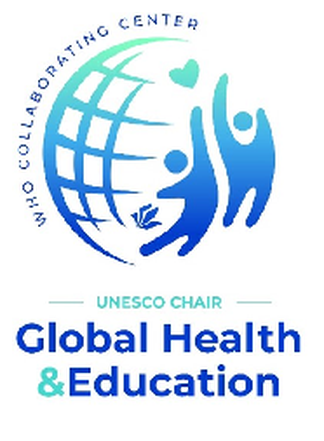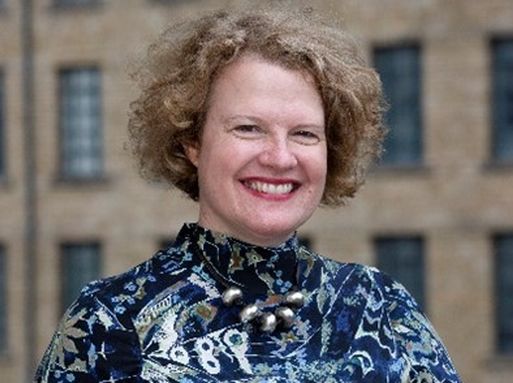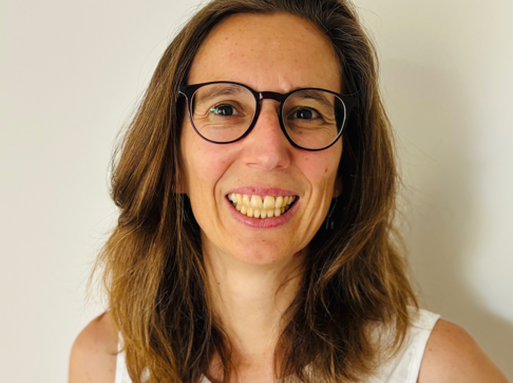School is more than a place to learn
In this webinar, we'll look at how we can prevent inequalities in education from widening.

Location
OnlineTime
1pm - 2pm-
Date
Wed 22 Oct 2025
Since the pandemic, wellbeing in adolescents has been declining, and educational inequalities widening. So what's the solution?
In this webinar, we'll be looking at a research study that examined changes in adolescent wellbeing across the WHO European Region following the Covid-19 pandemic.
We'll discuss how we can stop educational inequalities widening, how we can improve data collection on the impact that school closures have, and what a strategy on adolescent wellbeing would look like.
This webinar supports the development of a new WHO/UNICEF regional strategy for Child and Adolescent Health in Europe and Central Asia, as part of our Public Health in Practice Special Issue.
The research
Adolescent well-being was assessed using the UN H6+ framework, which includes:
- Good health and optimal nutrition
- Connectedness, positive values, and societal contribution
- Safety and a supportive environment
- Learning, competence, education, skills, and employability
- Agency and resilience
Secondary analysis of data from two large datasets concerning adolescents, the Health Behaviour in School-aged Children (HBSC) Survey and the Programme for International Student Assessment (PISA), revealed a decline in well-being across European countries from 2018 (pre-pandemic) to 2022 (post-pandemic). Additionally, the study highlighted a significant widening of educational inequalities in the aftermath of the pandemic.
The key issues for debate
We'll be discussing the following points:
-
How can we prevent existing inequalities in educational attainment from widening?
- How can we improve our data collection strategies about school closure impact for future health crises?
- What would an intersectoral strategy on adolescent well-being look like, to minimize the impact of future emergency measures?



Speakers

William Roberts
Chief Executive
William has been a senior leader in the NHS across roles in…

William Roberts
Chief Executive
William has been a senior leader in the NHS across roles in public health, commissioning, strategy, transformation and planning. He is a registered nurse who has worked in both hospital and community services, and as a nurse specialist in tuberculosis and HIV.
William is a Non-Executive Director of Housing 21 and a Non- Executive Director of POBL a Welsh housing and care provider and was previously Deputy Chair at Terrence Higgins Trust. He brings a wealth of experience across public health and inequalities from the healthcare, charity sector, social care, housing, local government and further education.

Dr Maximilian Limburg
Speaker
Max is an Honorary Research Associate, based at the Institu…

Dr Maximilian Limburg
Speaker
Max is an Honorary Research Associate, based at the Institute of Population Health, University of Liverpool. His perspective is shaped by his background in clinical medicine and public health practice in local government. He is passionate about understanding inequalities faced by young people and the impact on their aspirations, as well as utilising the benefits of international public health collaboration.

Dr Nicola Gray
Speaker
Nicola is Reader in Medicines and Health at the University …

Dr Nicola Gray
Speaker
Nicola is Reader in Medicines and Health at the University of Huddersfield. She is a pharmacist by training, with expertise in children and young people’s health, and research interests in health literacy and lifelong health learning pathways. She brings professionals together to explore opportunities for better intersectoral working across health and education to promote well-being in schools.

Mary Cronin
Speaker
Currently based at the Institute of Population Health, Univ…

Mary Cronin
Speaker
Currently based at the Institute of Population Health, University of Liverpool. Mary has previous experience working in local government and with the Field Epidemiology Service at Public Health England (now part of the UK Health Security Agency). She has a strong interest in the role of policy in reducing health inequalities.

Sophie Jullien
Sophie Jullien is the Technical Officer for Child and Adole…

Sophie Jullien
Sophie Jullien is the Technical Officer for Child and Adolescent Health at the WHO Regional Office for Europe. She is currently leading the development and implementation of the WHO/UNICEF regional strategy on child and adolescent health and well-being (2026-2030), with a focus on evidence-based policy development, stakeholder engagement, and monitoring progress across Member States. Sophie is a paediatrician and has worked as a clinician in various settings, including low- and middle-income countries, and holds a PhD focused on pneumonia in children under five. She brings experience in research, programme coordination and advocacy.
